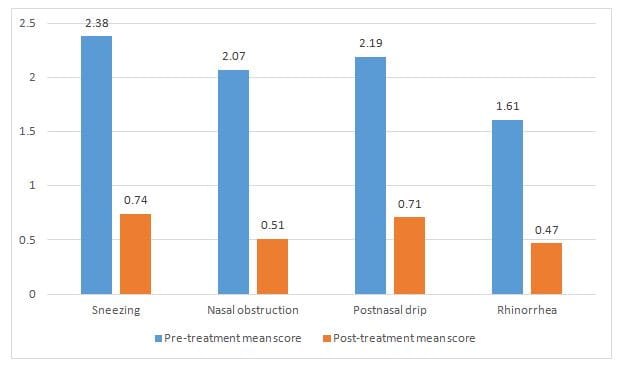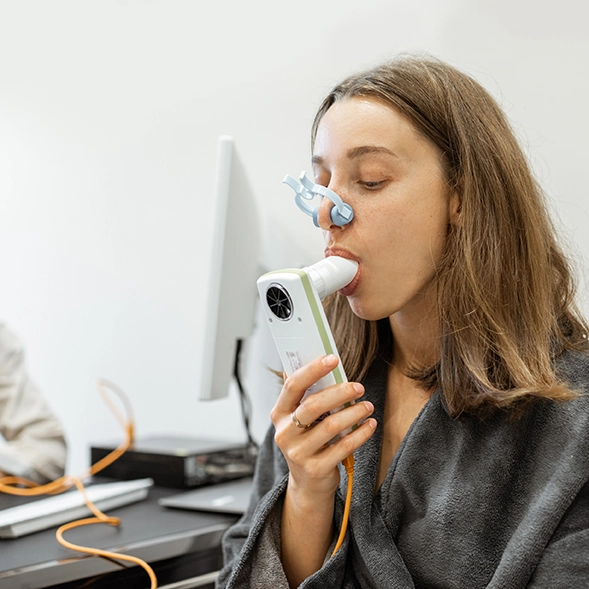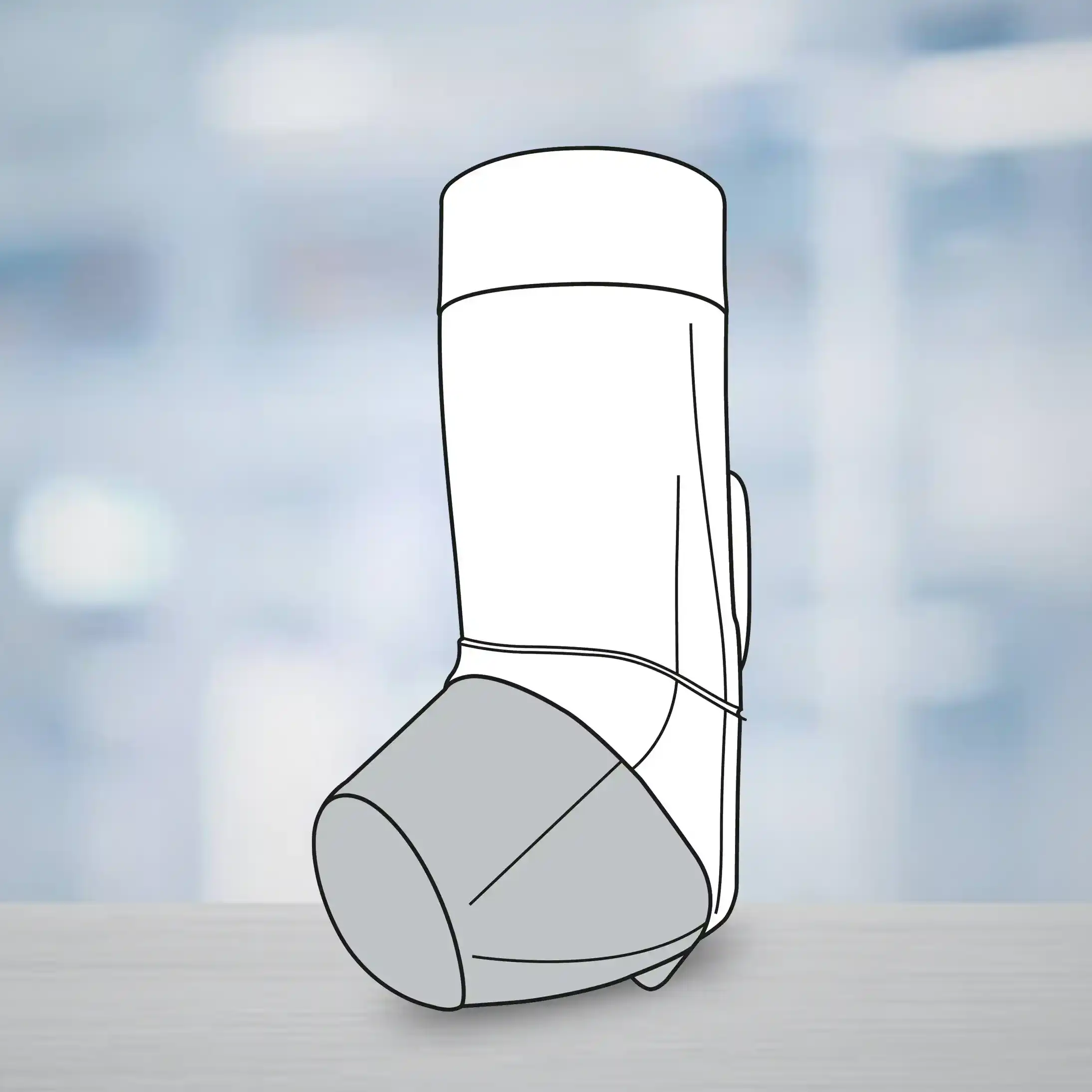Introduction
Rhinitis can be broadly defined as an inflammation of nasal mucosa. Allergic rhinitis (AR) is the most common form of chronic rhinitis and characterized by one or more symptoms including sneezing, nasal itching, nasal congestion, postnasal drip, and rhinorrhea. AR is not only localized to upper airways but also has inflammatory responses in the lower respiratory tract. The symptoms adversely affect the quality of life. Montelukast, an antagonist to the leukotriene receptor, is non-sedating, dosed once daily, and has a safety profile similar in adults and children, with approval down to six months of age. Literature review has shown that montelukast has an efficacy comparable to antihistamines when used as monotherapy but less than intranasal corticosteroids.
Aim
This study assessed whether montelukast was associated with an improvement in the severity of symptoms in patients with AR.
Methods
Study Design
- Interventional clinical trial
Treatment Strategy
- Patients aged 15 to 45 years with a diagnosis of AR and symptom severity score of 6 to 12 were included
- The symptom severity score for allergic rhinitis was calculated by asking the patient to evaluate the severity of individual symptoms (sneezing, nasal congestion, rhinorrhea, and postnasal drip) against the 4-point scoring scale over the last 24 hours.
- The patients filled in a proforma before initiation of the treatment.
- The cohort was prescribed 10 mg of montelukast once daily
- Follow-up was done after 4 weeks of therapy, wherein the compliance was ensured and then the symptom severity score was recorded again on the proforma
Endpoints
- The total nasal symptom severity score (TNSSS) calculated as a sum of all four nasal symptoms.
- Pre- and post-treatment mean of TNSSS was compared and p-value of less than 0.05 was considered significant.
Results
- The cohort comprised 140 patients with a mean age of 30 years (15-45 years)
- There were 93 males and 47 females
- The mean TNSSS was significantly reduced from 8.25 to 2.43 post-treatment, with a difference of 5.82, p<0.005.
- The mean values for pre-treatment and post-treatment scores for individual symptoms including sneezing, nasal obstruction, postnasal drip and rhinorrhea are compared in figure 1.
Conclusion
- Daily dose of 10 mg montelukast resulted in an improvement in the common symptoms of allergic rhinitis (AR)
- The improvement in symptom severity score was maximum in sneezing and least in rhinorrhea.
- Montelukast should be reserved for selected patients, in light of recent developments on neuropsychiatric adverse effects and FDA warnings.
Cureus 12(3): e7403. Doi:10.7759/cureus.7403.











